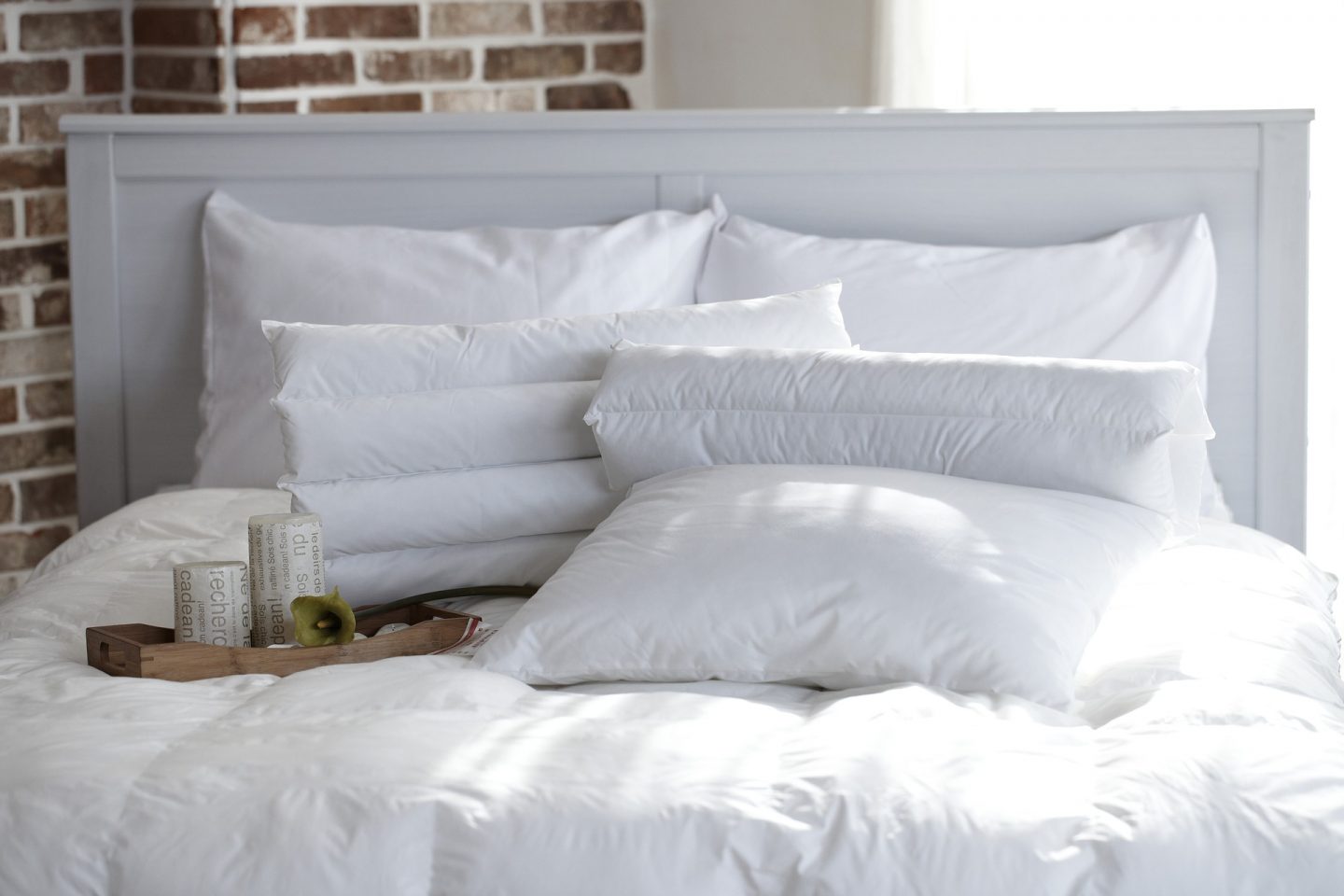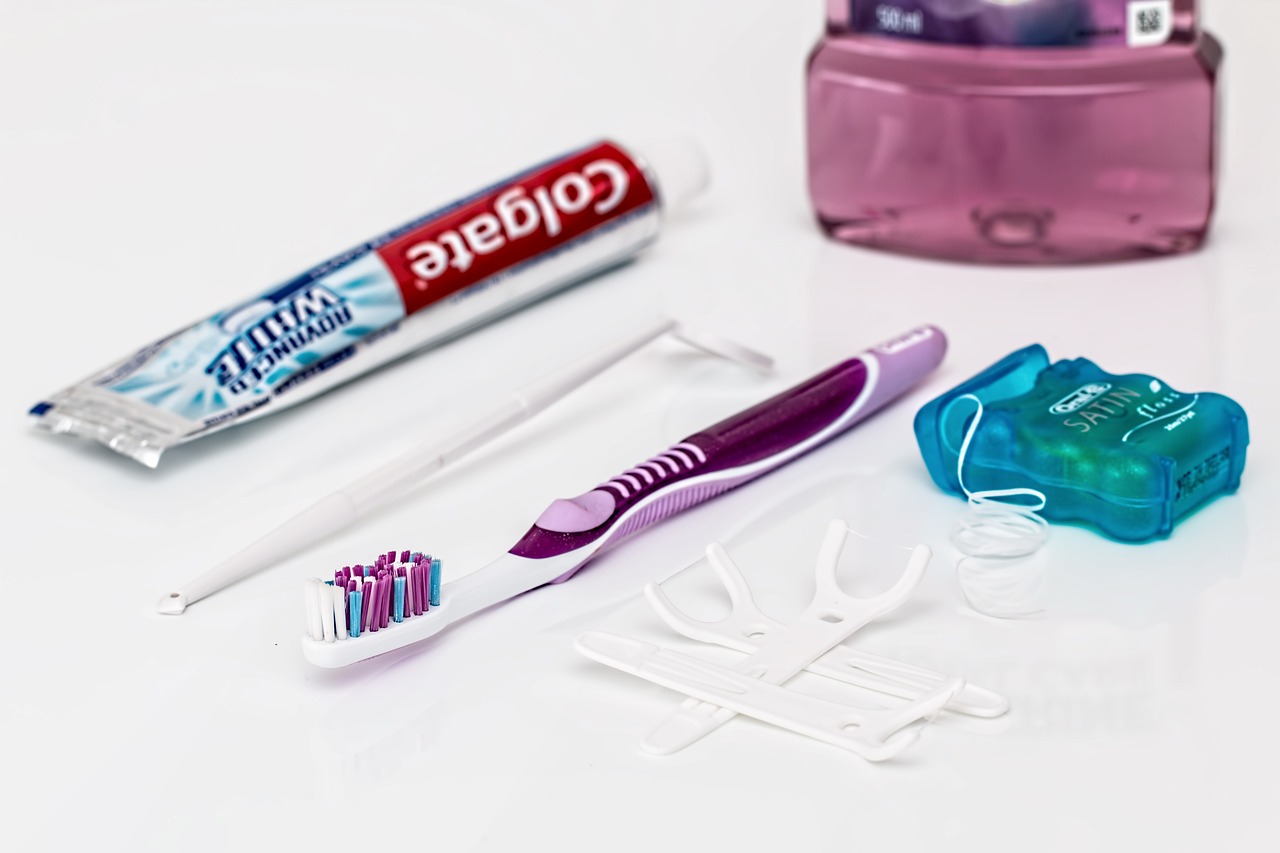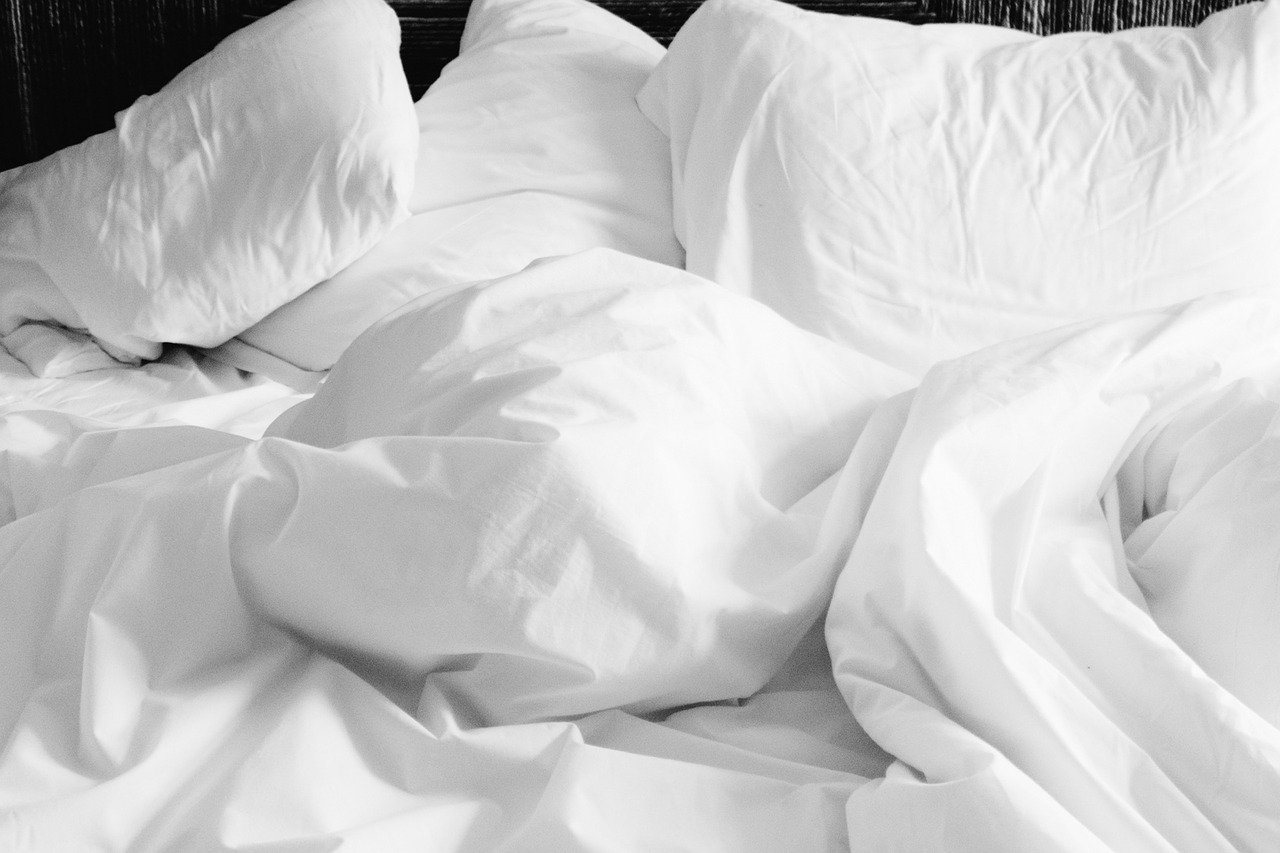
Sleep apnea is a common sleep disorder that can have serious health consequences. But did you know that crooked teeth could be the culprit? Dental health is often overlooked in the quest for a good night’s sleep, but misaligned teeth can contribute to breathing issues that exacerbate sleep apnea. In this article, we’ll explore the connection between dental alignment and sleep apnea and offer insights on how addressing your teeth might be the key to restful, uninterrupted sleep.
What is Sleep Apnea?
Sleep apnea is a common sleep disorder characterized by pauses in breathing or shallow breathing during sleep. These pauses can last from a few seconds to minutes and can occur multiple times throughout the night, leading to disrupted sleep patterns and a decrease in the flow of oxygen to vital organs.
What are the Symptoms of Sleep Apnea?
Common symptoms of sleep apnea include loud snoring, gasping for air during sleep, and excessive daytime sleepiness. Many people with sleep apnea also experience morning headaches and difficulty concentrating. If untreated, these symptoms can significantly impact daily life and overall health.
What are the Causes of Sleep Apnea?
Sleep apnea is often caused by the relaxation of throat muscles, leading to blocked airways. Factors such as obesity, smoking, and certain medical conditions can increase the risk. Genetics and structural abnormalities, like crooked teeth or a small jaw, can also contribute to the disorder.
What are Health Risks Associated with Sleep Apnea?
Untreated sleep apnea can lead to serious health problems, including high blood pressure, heart disease, and stroke. It can also contribute to diabetes and metabolic disorders. Moreover, sleep apnea is linked to increased risk of accidents due to daytime drowsiness.
How is Sleep Apnea Diagnosed and Treated?
Diagnosis typically involves a sleep study, either at home or in a sleep clinic, to monitor breathing patterns. Treatment options include lifestyle changes, continuous positive airway pressure (CPAP) therapy, and sometimes surgery. It’s crucial to address sleep apnea to improve quality of life and prevent health complications.

What is The Role of Orthodontics in Sleep Apnea Treatment?
Understanding the connection between sleep apnea and orthodontics is crucial for effective treatment. Here’s how orthodontics can play a pivotal role in managing sleep apnea.
Aligning the Jaw for Better Airflow
Orthodontic treatments can help align the jaw properly, which opens up the airway and reduces the risk of obstructions during sleep. Misaligned jaws can cause the tongue to fall back into the throat, blocking the airway. By correcting these misalignments, orthodontics can significantly improve breathing patterns and reduce sleep apnea symptoms.
Expanding the Palate
A narrow palate can contribute to sleep apnea by reducing the space available for the airway. Orthodontic procedures, such as palatal expanders, can widen the upper jaw and create more room for airflow. This expansion not only helps in reducing sleep apnea symptoms but also promotes overall oral health.
Improving Tongue Positioning
Orthodontic devices can also help in repositioning the tongue, preventing it from collapsing back into the throat. Devices like braces and aligners can adjust the alignment of the teeth and jaws, ensuring the tongue rests in a more forward position. This adjustment aids in keeping the airway open, thus reducing the occurrence of sleep apnea episodes.
Misaligned teeth and jaw structures can narrow your airway, making it harder to breathe at night. By correcting these issues, orthodontic treatments can help improve airflow and reduce sleep apnea symptoms. For expert care, consider visiting Kumra Orthodontics, an established orthodontist in Washington, DC. They offer personalized treatment plans to address both your dental alignment and sleep apnea concerns, helping you achieve better health and a restful night’s sleep.

How Can Orthodontic Treatment Improve Sleep Quality?
Addressing orthodontic issues can significantly enhance sleep quality, particularly for those suffering from sleep apnea due to crooked teeth. Let’s explore how specific orthodontic treatments can help.
Reducing Teeth Grinding
Crooked teeth can cause or worsen bruxism, or teeth grinding, which negatively impacts sleep. Orthodontic treatments can align the teeth properly, reducing the likelihood of grinding. This not only protects teeth but also promotes a more peaceful and uninterrupted sleep.
Enhancing Comfort with Proper Bite
An improper bite can cause discomfort and difficulty in maintaining a comfortable sleeping position. Orthodontic treatments adjust the bite, aligning the teeth and jaw to reduce discomfort. This alignment helps achieve a more relaxed and restful sleep.
The Connection Between Dental Issues And Sleep Quality
Addressing dental issues such as crooked teeth and misaligned jaws can potentially improve sleep quality for individuals with sleep apnea. By creating a more open airway and reducing the risk of obstruction, orthodontic treatment may contribute to better breathing patterns during sleep.
Potential Benefits Of Addressing Dental Issues For Sleep Apnea Patients
Patients who undergo orthodontic treatment for sleep apnea may experience improved sleep quality, reduced snoring, and decreased daytime drowsiness. Additionally, addressing dental issues can potentially lower the risk of developing related health conditions associated with untreated sleep apnea.
Conclusion
The link between sleep apnea and crooked teeth is significant, and addressing dental issues can play a crucial role in improving sleep quality and overall health. If you or someone you know is struggling with sleep apnea, seeking professional help from a dentist or orthodontist is essential. With the right treatment plan, individuals with sleep apnea can potentially experience a significant improvement in their sleep quality and overall well-being. Don’t hesitate to take the first step towards better sleep and a healthier life.







